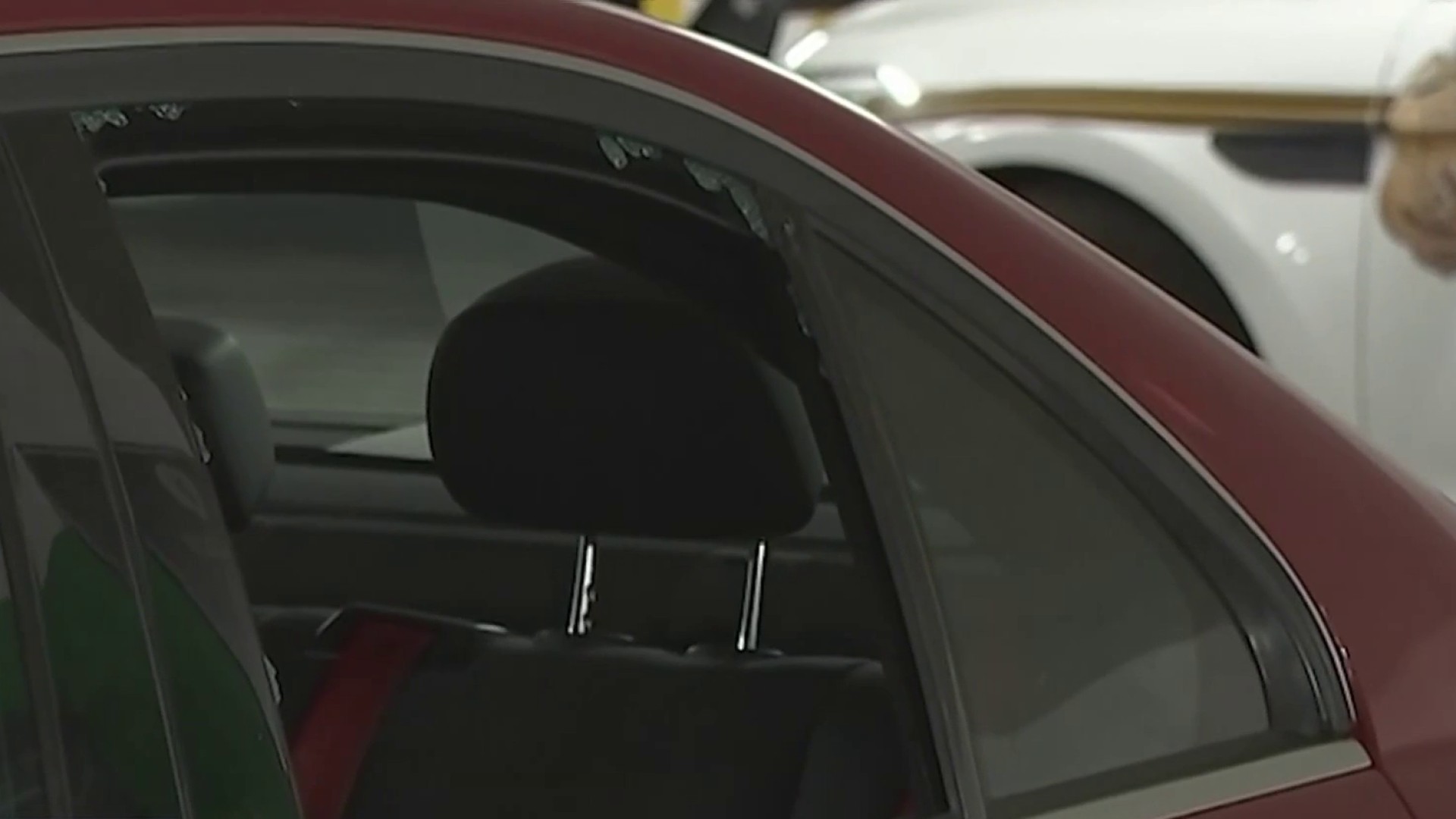What to Know
- The six Blue and Yellow line stations south of Reagan National Airport are closed through Sept. 8 for platform repairs
- The closed stations are: Braddock Road, King Street, Eisenhower Avenue, Huntington, Van Dorn Street and Franconia-Springfield
- Metrorail service is still operating between DC and Reagan National Airport
Thousands of people who usually take Metro are facing the first workday of a whole new world: life without Metrorail south of Reagan National Airport.
The six affected Blue and Yellow line stations — Braddock Road, King Street, Eisenhower Avenue, Huntington, Van Dorn Street and Franconia-Springfield — are now closed for repairs until Sept. 8.
Commuters now have to find alternative ways to get around this summer. During rush hour, you'll likely see long lines waiting to board buses.
One man said he'll be taking Metro's shuttle buses, but the trip will add at least half an hour to his trip.
"Usually I give myself an hour to get downtown," he said. "Now I'm going to have to give myself an hour and a half."
Some riders said Tuesday morning that they found the bus system and signs to be confusing.
"Not good," said Metro user Erogers Stinson. "They need some better directions in terms of how to exit down the steps to come down to catch the shuttle."
For visitors from out of town, this is their first impression of the Metro system.
"We planned on a vacation based on our being able to use the Metro, and now we're doing something different," said Carolyne Ferrell, who is visiting from Texas. "So we're just going with plan B or plan C or plan D."
Local
Washington, D.C., Maryland and Virginia local news, events and information
There are several options for your plan B, C or D.
Parking is free at three of the affected stations to encourage commuters to use Metro's shuttle buses. Water taxis, the King Street Trolley, the VRE and a variety of buses — including Metrobus, DASH and Fairfax Connector — are other options. Find details on many transportation alternatives and shuttle bus timetables here.
Metro's general manager, Paul Wiedefeld, said the transit agency worked with local and commonwealth government agencies to work out transportation alternatives.
"We have a number of bus options," he said. "We're also asking people to telework if they can, leave later in the day, shift their time. Just anything you can do to sort of reduce the load on the system."
The closures are in place so Metro can repair the stations' aging platforms and make them safer and more accessible.
Wiedefeld said the repairs were decades in the making.
"I wish we had done it earlier, but unfortunately, forty years of wear and tear has come home to roost," Wiedefeld said. "And we're taking care of it."
Many riders said they're used to Metro closures by now.
"You know, it's regular stuff, man. To get to go to work, it's a blessing," said Metro rider Marcrease Hicks.



